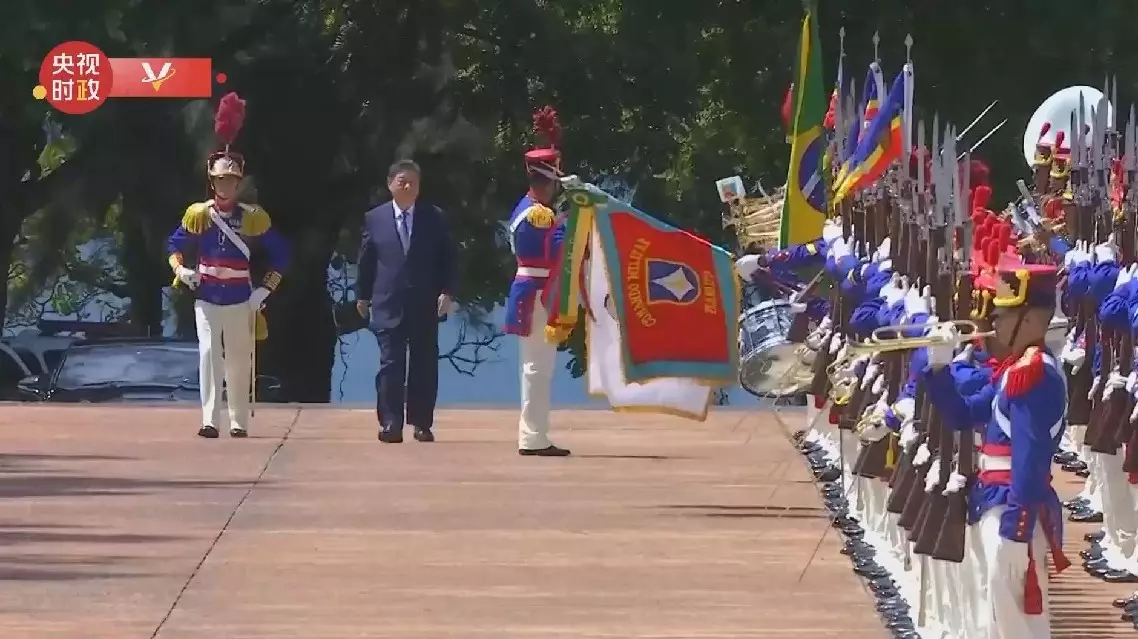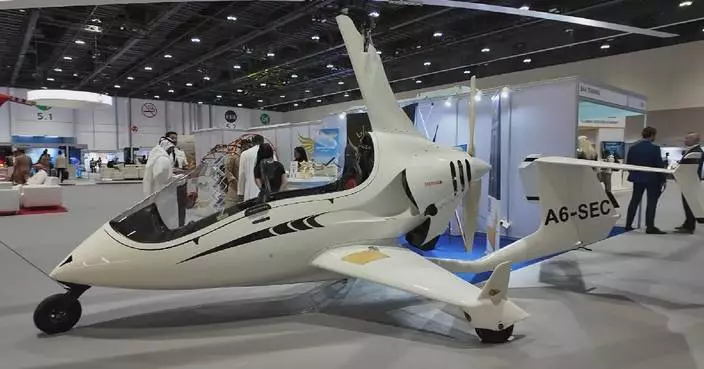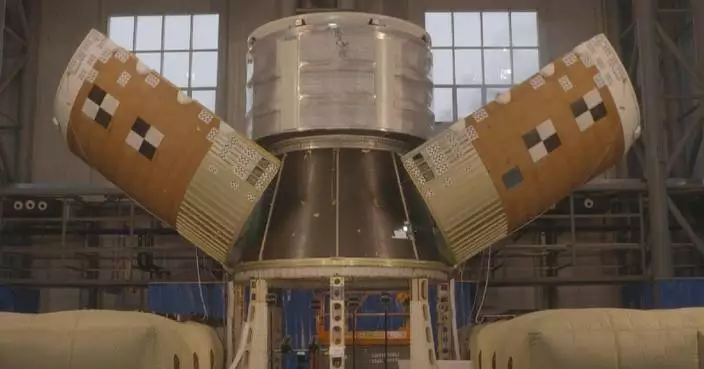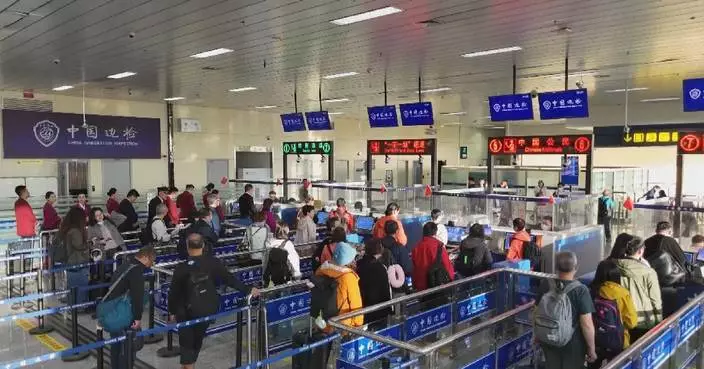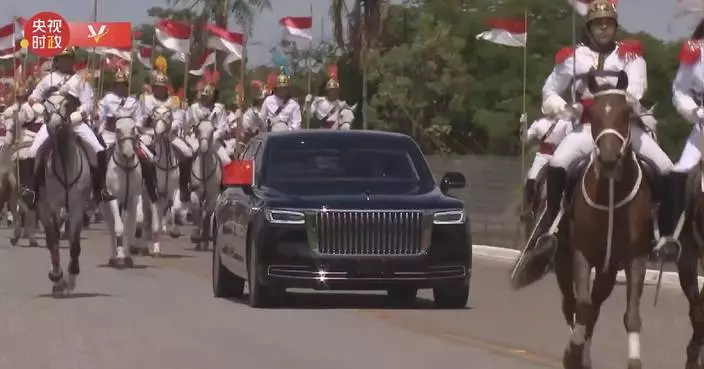Brazilian experts have praised China's role in advancing Brazil's space research capabilities through the construction of a major radio telescope.
Astrophysicist Alex Wuensche is deeply involved in one of Brazil's most important space research projects -- construction of a "Baryon Acoustic Oscillations in Neutral Gas Observations (BINGO)" telescope in the country's northeastern countryside, which will be the largest of its kind in Latin America.
China is a key partner in the project, producing a significant portion of the telescope's equipment. The BINGO project is among the latest in space collaborations that began in 1988 when Brazil and China signed an agreement on research.
Speaking to China Global Television Network (CGTN) in the National Institute for Space Research, Alex Wuensche said that the project has created jobs and promoted technology adoption, and China has played a key role in it.
"We have the expertise from China, that built the largest telescope in the world today -- FAST, which is in northwestern (southwestern) China. It's a 500-meter telescope. For this project specifically, China is the best partner, I think, we could find around," he continued.
The plan is to have the BINGO radio telescope operating by the first half of 2025, with hopes that it will be yet another successful example of Brazil-China cooperation in space research.
Another fruitful outcome of Brazil-China collaboration in space research has been the development and operation of the China-Brazil Earth Resource Satellite (CBERS) program. These Earth-monitoring resources provide crucial environmental data for Brazil and other developing nations, supporting efforts in deforestation control, water management, and urban planning.
"The CBERS program has a very important point. As far as I know, it's the first program in the world that releases free data for all people that want to get it. The CBERS data is available on the internet, and people who want to use this data can make some kind of subscription for free," said Adenilson Roberto Da Silva, a space technology coordinator.

China, Brazil cooperate in radio telescope project



